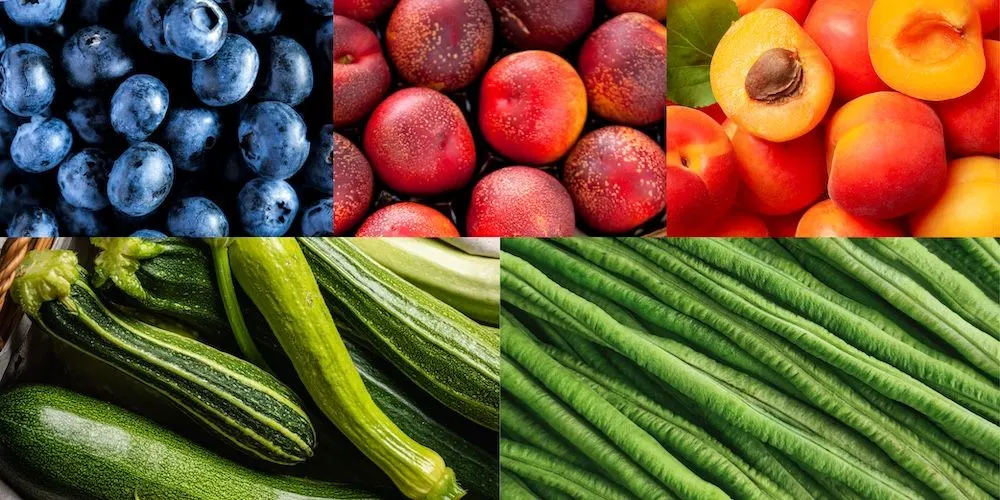There’s something about food than can have a transformative effect.
When you’re sad, the right meal can bring you joy. A certain food can bring back memories. A flavor can make your body calm down or get revved up.
Being a health blog, we often discuss food in terms of being fuel for our bodies. And sometimes, we forget how impactful food can be, not just from a nutritional standpoint but also emotional. And if you can believe it, there’s a scientific reason for it.
More than 90% of serotonin receptors are actually in your stomach, which effectively “connects” your brain to your gut. These receptors are responsible for regulating your mood, as well as digestion and nausea.
Basically, your mood is dependent on your gut and, more specifically, your gut’s health. If your gut bacteria are disrupted and unhappy, so are you. And if they are happy, again, you will be too.
So, how exactly does this work? Well, it all comes down to blood sugar.
Blood sugar, as the name implies, is the sugar found in your blood. It comes directly from the food you eat and is carried by your blood to your cells, which use the glucose as energy.
If you’re hungry, you probably don’t have much energy. However, treating yourself with a sugary snack isn’t the quick fix you think it is.
Sure, you’ll feel better at the moment since your blood is using your snack as energy. However, once your snack (and energy) run out, your blood sugar will crash, and you’ll feel just as tired and irritable as before.
Blood sugar spikes negatively impact your gut health, which in turn negatively impacts your mood. See how it’s all connected?
That’s why eating well doesn’t just improve your body’s health but your total health. If your gut biome feels good, so will you.
To make that happen, you need a diverse range of foods in your diet.
Most importantly, you need fruits and vegetables, and lots of them. Fruits and vegetables tend to be high in fiber, which your gut bacteria needs to stimulate growth.
Not only do fruits and vegetables stimulate your gut biome, the vitamins, minerals, and antioxidants in them literally help keep you happy.
As the equation goes, healthy food equals a healthy gut biome, which equals stable blood sugar, which equals a good mood. Simply, healthy foods equal good moods.
This isn’t only true for leafy greens and fruits, either. Your body needs its fair share of protein and whole grains, too.
The biggest reason why protein is so important for your mood? It stops you from reaching for treats and cheat foods. Protein sources like chicken, fish, and eggs keep you feeling fuller longer, so you won’t need to fill up on snacks.
Protein also reduces the risk of anemia, which is caused by low iron. Just like with low blood sugar, low iron levels can make you feel tired and irritable.
Whole grains play an integral role in regulating your mood. In fact, whole grains are filled with tryptophan, an amino acid necessary to even produce serotonin. By choosing to eat whole grains, you’re feeding yourself and replenishing the chemicals your gut biome has to work with.
Whole grains also help regulate your blood sugar, which, evidently, has serious impacts on your mood.
I’m not saying never treat yourself to something sugary and delicious – indulge in life’s simple pleasure of dessert if you want. After all, it can have a positive effect. Just understand, just as in all aspects of life, true happiness comes from doing the right things every day and not just the small indulgences.
- What’s in Season? July Produce Guide - July 8, 2025
- Choosing the Right Oil: Health, History & the Greek Standard - July 1, 2025
- What’s in Season? June Produce Guide - June 3, 2025








